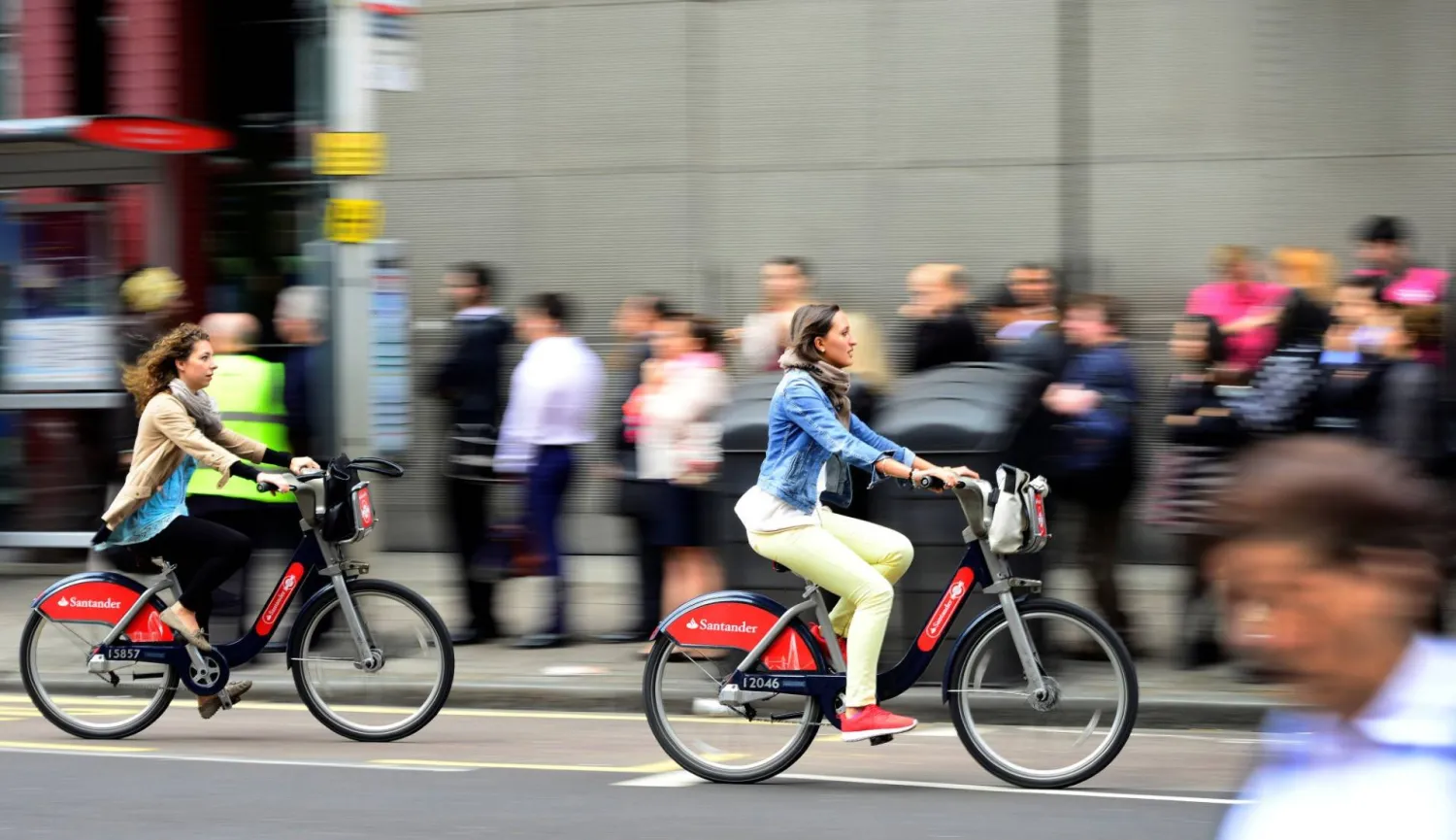People who cycle to work are less likely to be prescribed drugs to treat anxiety or depression than those who commute using different modes of transport, new research shows.
Conducted by researchers at the University of Edinburgh, Scotland, the study, which analyzed almost 380,000 people, suggests that commuting by bike reduces the risk of mental ill-health. The findings were published in the International Journal of Epidemiology, on Monday.
Edinburgh researchers combined data for 378,253 people aged 16-74 from the 2011 Scottish census with NHS prescription records for the following five years.
Researchers found a 15% reduction in prescriptions for depression or anxiety among cycle commuters in the five years after 2011 compared with non-cyclists.
"Our study used the fact that otherwise similar people are more likely to cycle to work if they live close to a cycle path. Using this property, it was possible to mimic a randomized controlled trial and compare the mental health of those who cycled to work to those using other modes of transport but who were otherwise comparable," says Dr. Laurie Berrie, lead author on the study.
The findings show that cycling is linked to lower risks of mental health problems, and provide further evidence of the importance of promoting active travel to encourage more people to commute by bike.
Previous studies found that active commuting is an effective way for people to increase their levels of physical activity, and have linked it to a lower risk of death from all health causes, a lower risk of cardiovascular disease, as well as cancer-related deaths. Some even highlighted the benefits of cycling for mental health, linking commuting by bike to an improved well-being and health.
"Our finding that this economical and sustainable method of traveling to work also enhances mental health suggests that a policy of investing in cycle paths and encouraging active commuting is likely to have wide-ranging benefits. Not only could this improve people's mental health, but it could also help reduce carbon emissions, road congestion, and air pollution," says Professor Chris Dibben of the Edinburg University’s earth science department.
The findings provide further evidence of the importance of promoting active travel and investing in infrastructure to encourage more people to commute by bike, the team says.









